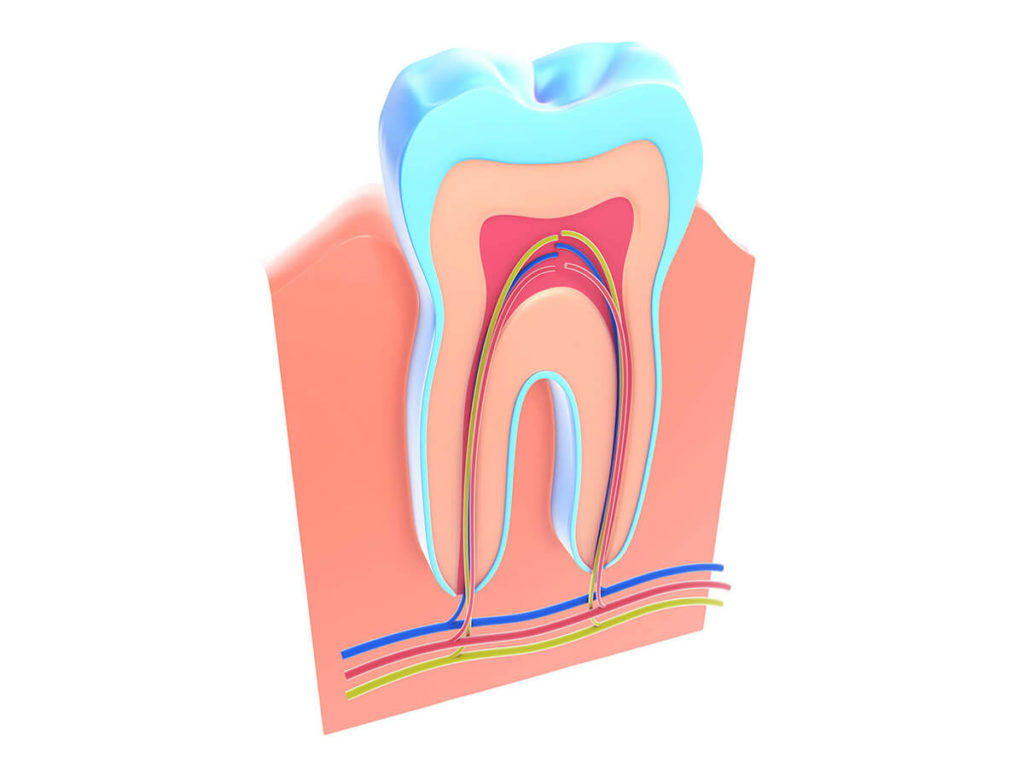Root Canal Treatment
Root canal treatment can save an infected tooth from otherwise certain extraction—it’s a proven procedure that will leave your mouth healthy and strong while restoring its natural appearance.
Root Canal Treatment in Charlotte, NC

-
What is a root canal?
A root canal is a procedure used to save a tooth when the tissue, blood vessels, and nerves inside of a tooth have become inflamed. In order to save the tooth and remove the pain, the dentist has to remove infected and diseased tissue. Then the infected area is cleaned out and the canal inside is medicated so the surrounding area is able to heal.
-
What are the symptoms of needing root canal treatment?
A patient suffering from an infected root canal will almost certainly recognize that there is something wrong. They will usually be in severe pain and will notice the following symptoms:
- Severe and intense toothaches that won’t go away
- Sensitivity to hot and cold foods and drinks
- Swollen and tender lymph nodes
- Recurring abscesses on the gums
Generally, but not always, a crown will need to be placed after the root canal treatment is complete in order to protect the tooth from any further damage.
What Are The Signs A Root Canal Is Needed? -
How long does a root canal take?
Depending on the severity of the infection in your tooth, a root canal may take one or two appointments. For the most part, it usually takes 30 to 60 minutes to complete. If you are receiving treatment on a larger tooth that has multiple roots, it could take up to an hour and a half.
-
Do root canals hurt?
There is a common misconception that root canals are very painful. The truth is, the root canal procedure itself isn’t usually any more painful than a tooth filling. Dentists typically provide an anesthetic before the procedure so during and a short while after there isn’t a huge amount of discomfort.
After the procedure, some sensitivity and discomfort is common while the area around the root canal heals. Gums can become swollen or agitated during the procedure, resulting in mild pain or sensitivity. Pain and sensitivity should subside when the tooth is healed. After your treatment, your dentist will provide you with special instructions on how to care for your newly treated tooth.
More Questions?
If you have any questions about root canal treatment or would like to schedule a consultation, contact our office and we'll be happy to help.
